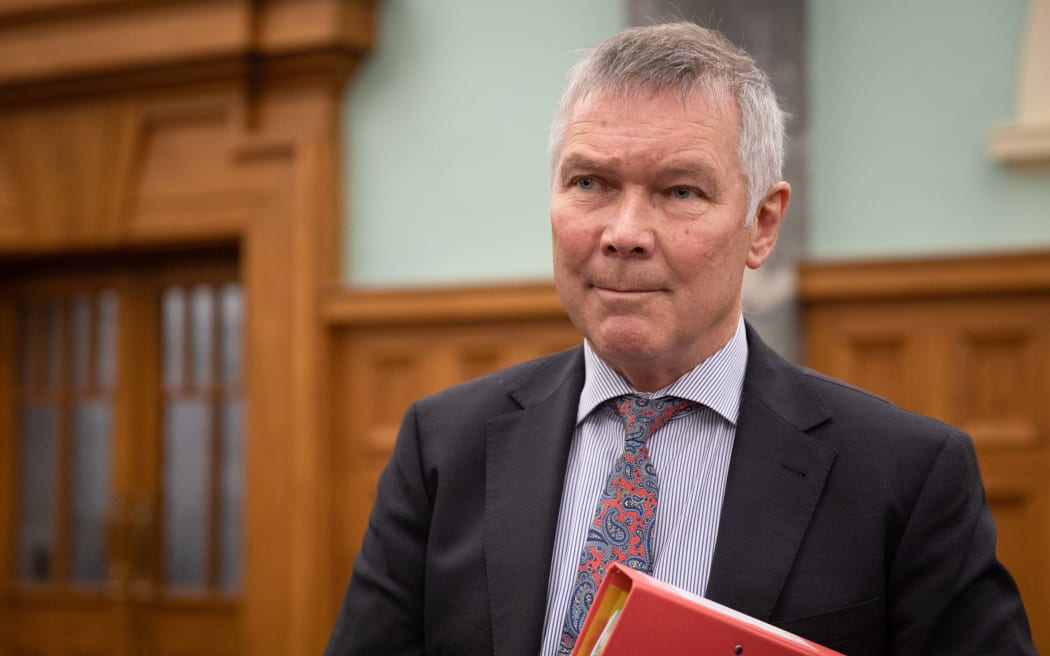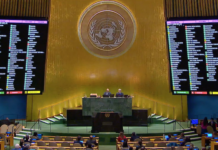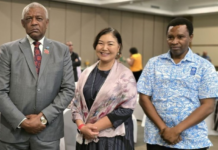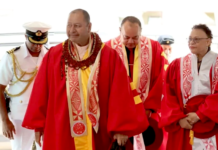
By Anneke Smith,
One of New Zealand’s wealthiest people says he supports a capital gains tax, as new research lays the groundwork for a fresh tax debate.
A two-year investigation by Inland Revenue has found New Zealand’s ultra-rich pay tax at less than half the rate of the average person.
The findings come as no surprise to many, including one of the 311 richlisters who responded to the government survey.
The man, who did not want to be named, made his fortune on untaxed capital gains but supports taxing those gains — saying it was only fair to bring New Zealand into line with other countries.
However, he said a more broad-brush approach — like a capital gains tax on all properties beyond the family home — would do more for the government’s revenue.
“You could take all the money off [rich listers] and it would fund the government for a day. The government spends about $100 billion a year and taxes about $100 billion a year, so anything that happens needs to materially contribute to the revenue side of things. Otherwise, it’s just the politics of envy.”

In a speech on Tuesday, Revenue Minister David Parker described the report’s findings as “ground-breaking” but would not venture any suggestions as to how the government might respond.
Answers – for the future
“What, if anything, do we do about that [disparity] here in New Zealand? We’re not providing the answers today. That is for the future.”
Other political parties have split down ideological lines with National and ACT on one side and the Greens and Te Paati Māori on the other.
National leader Christopher Luxon on Tuesday came to the defence of New Zealand’s uber-wealthy, arguing they already pay their fair share of tax.
“It’s not the wealthy that are the problem here… this government has pumped up asset values and the wealthy have done well,” Luxon told reporters.
“The top 2 percent of New Zealanders are paying about 26 percent of all our income taxes and I think that is entirely fair.”

Luxon said National would deliver “middle working-class New Zealanders” a tax cut, while Labour was “softening us up for a tax grab”.
ACT leader David Seymour criticised the study as a “politically-driven fishing expedition to find people with money and take it from them”.
‘Fishing expedition’
“[Parker’s] fishing expedition wasn’t about gathering information,” he said. “It was about creating a narrative that he can ride to more taxes on Kiwis.”
On the other side of the argument, Green revenue spokesperson Chlöe Swarbrick put up an empassioned argument for a comprehensive capital gains tax or wealth tax.
“The super rich in Aotearoa are much much richer than we thought them to be,” Swarbrick said.
“To allow millionaires to continue to not pay their fair share after this explosive evidence is a political choice. Poverty is a political choice.”

Te Paati Māori co-leader Rawiri Waititi told RNZ there was no excuse for inaction.
“It’s just absolutely shocking, cruel and very unkind. Until they do something about it Labour, National and ACT will continue to be the bullies at school picking on the poor people.”
The government was yet to announce a new tax policy but is promising to bring one to this year’s election campaign and Parker has signalled it will be informed by this latest research.
This article is republished under a community partnership agreement with RNZ.














































